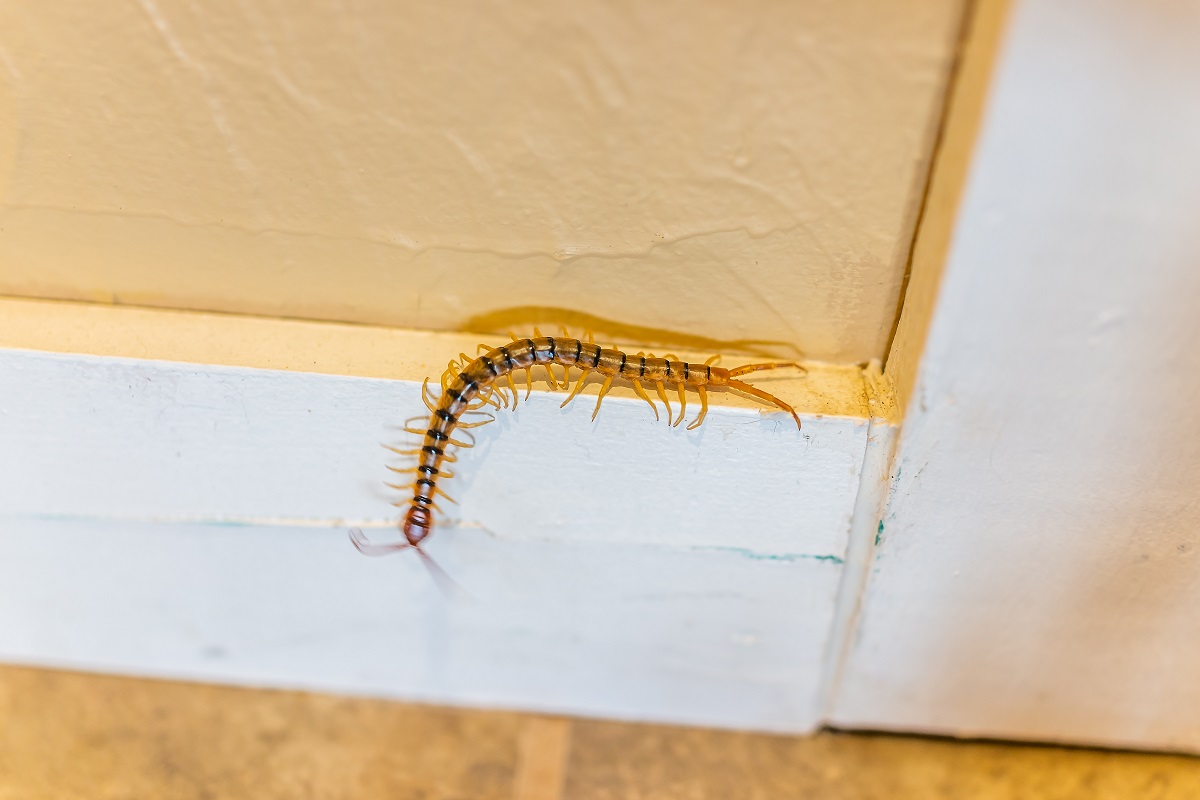

Articles
How To Get Rid Of Centipedes In Basement
Modified: August 20, 2024
Learn effective methods to eliminate centipedes from your basement with our informative articles. Follow our expert advice to get rid of these unwanted pests and create a pest-free environment.
(Many of the links in this article redirect to a specific reviewed product. Your purchase of these products through affiliate links helps to generate commission for Storables.com, at no extra cost. Learn more)
Introduction
Welcome to a guide on how to get rid of centipedes in the basement. If you’ve noticed these creepy crawlers scuttling around your basement, you’re not alone. Many homeowners find themselves dealing with centipede infestations in their basements, and it can be a frustrating problem to tackle.
Centipedes are arthropods with long, segmented bodies and numerous legs. While they may look intimidating, the majority of centipede species are harmless to humans. However, their presence can still be unsettling, especially when they invade your basement.
In this article, we will explore the different aspects of dealing with centipedes in the basement. We will discuss how to identify a centipede infestation, the possible causes for their presence, effective preventive measures, and various methods to remove them from your basement. Whether you prefer natural remedies or professional pest control, we’ve got you covered.
So let’s dive in and learn how to eliminate those pesky centipedes from your basement once and for all!
Key Takeaways:
- Understanding the signs of a centipede infestation, addressing moisture and clutter, and implementing natural repellents are effective ways to prevent and eliminate centipedes in your basement.
- If natural remedies fall short, consider using chemical solutions or seeking professional pest control services to tackle severe centipede infestations and create a pest-free basement environment.
Read more: How To Get Rid Of Centipede Grass
Understanding Centipedes
Before we delve into how to get rid of centipedes in the basement, let’s take a moment to understand these creatures better. Centipedes belong to the class Chilopoda and are characterized by their elongated bodies, numerous pairs of legs, and a set of venomous pincers or fangs known as forcipules.
Centipedes are nocturnal creatures, preferring dark and damp environments like basements, where they can find shelter, moisture, and their primary source of food – other small insects, spiders, and even small vertebrates. These arthropods are highly adaptable and can thrive in various climates and habitats, making them a common nuisance for homeowners worldwide.
There are numerous species of centipedes, ranging in size from a few centimeters to several inches long. Their bodies can appear yellowish, reddish, or brownish, depending on the species. Most centipedes have anywhere from 15 to 150 pairs of legs, with each pair attached to a distinct body segment.
While centipedes are generally considered harmless to humans, some species possess venomous bites that can cause mild to moderate pain, similar to a bee sting. It is essential to avoid direct contact with centipedes to minimize the risk of getting bitten, especially if you have allergies or a compromised immune system.
Now that we have a basic understanding of centipedes, let’s move on to identifying the signs of a centipede infestation in your basement.
Identifying Centipede Infestation in the Basement
When it comes to dealing with a centipede infestation in your basement, early detection is key. By identifying the signs of their presence, you can take prompt action to prevent the infestation from getting worse. Here are some indicators that you may have a centipede infestation in your basement:
- Sightings: The most obvious sign of a centipede infestation is actually seeing them in your basement. Centipedes are fast-moving creatures, so if you notice them scurrying across the walls, floors, or other surfaces, it’s a clear indication of their presence.
- Shed skins: As centipedes grow, they molt their exoskeletons, leaving behind shed skins. These translucent skins resemble small, curled-up centipedes and can be found in areas where the centipedes hide or travel.
- Webbing: Some species of centipedes create silk-like webbing to construct their nests. If you notice unusual webbing in corners, cracks, or crevices of your basement, it could be a sign of a centipede infestation.
- Prey remains: Centipedes are carnivorous and feed on other insects. If you find remnants of their prey, such as insect parts or carcasses, it suggests that centipedes have been actively hunting in your basement.
- Unpleasant odor: In some cases, centipede infestations can emit a distinct, musty odor. If you detect a foul smell in your basement that you can’t attribute to any other cause, it may be worth investigating for centipedes and their potential hiding spots.
By keeping an eye out for these signs, you can quickly determine if your basement is infested with centipedes. Once you’ve identified the infestation, it’s time to uncover the possible causes that attract these creatures to your basement.
Causes of Centipede Infestation in the Basement
Understanding the causes that attract centipedes to your basement is essential in effectively addressing and preventing an infestation. Here are some common factors that can contribute to centipede problems:
- Moisture: Centipedes thrive in damp environments, so excessive moisture in your basement can make it an attractive habitat for them. Leaky pipes, poor ventilation, or high humidity levels can create the perfect conditions for centipedes to breed and multiply.
- Clutter and debris: Basements often accumulate clutter and debris, providing ample hiding places for centipedes. Piles of stored items, stacks of cardboard boxes, and an accumulation of dust and debris can create ideal hiding spots for these arthropods.
- Cracks and gaps: Centipedes can enter your basement through tiny cracks and gaps in the walls, floors, foundation, or around windows and doors. Insufficient sealing or deteriorating seals can provide easy access for centipedes and other pests.
- Excess vegetation near the foundation: If the area outside your basement has dense vegetation, bushes, or overgrown plants in close proximity to the foundation, it can attract centipedes. They can easily find shelter and prey among the foliage and venture into your basement.
- Food sources: Centipedes feast on other small insects and spiders. If your basement has an abundance of pests like ants, silverfish, or cockroaches, it creates a favorable environment for centipedes to survive and reproduce.
Identifying these potential causes in your basement can help you implement effective preventive measures to deter centipedes from taking up residence. By addressing these issues, you not only eliminate the current infestation but also reduce the likelihood of future infestations.
Now that we understand the possible causes of centipede infestation, let’s explore some preventive measures to keep these unwanted guests away from your basement.
Preventive Measures to Keep Centipedes Away
Preventing centipedes from infesting your basement is crucial in maintaining a pest-free home. By taking proactive steps to keep them away, you can save yourself the hassle of dealing with a full-blown infestation. Here are some preventive measures you can implement:
- Reduce moisture: Centipedes are attracted to damp environments, so it’s important to minimize moisture in your basement. Fix any leaks or drainage issues, use a dehumidifier to control humidity levels, and ensure proper ventilation to keep the area dry.
- Clear clutter: Centipedes thrive in cluttered areas with plenty of hiding spots. Declutter your basement and remove any unnecessary items that can provide shelter for these pests. Organize stored items neatly and keep the floor clear of debris.
- Seal entry points: Inspect your basement for cracks, gaps, and holes that centipedes can use to enter. Seal any openings in walls, floors, windows, doors, and utility penetrations using caulk, weatherstripping, or other appropriate sealing materials.
- Remove vegetation near the foundation: Trim back bushes, shrubs, and other vegetation around the perimeter of your home, especially close to the basement. By creating a barrier between the outdoor vegetation and your basement, you reduce the chances of centipedes finding their way inside.
- Eliminate food sources: Minimize the availability of prey for centipedes by eliminating other pests in your basement. Clean up any food spills promptly, seal food in airtight containers, and address other pest problems like ants or cockroaches, which can act as a food source for centipedes.
- Regular cleaning and maintenance: Regularly clean your basement, sweeping away any spider webs, debris, or dead insects that may attract centipedes. Vacuum carpets and corners to remove any hidden pests or eggs. Additionally, perform regular inspections to catch any signs of centipede activity early.
By implementing these preventive measures, you can significantly reduce the chances of a centipede infestation in your basement. However, if you already have centipedes crawling around, don’t worry. There are natural remedies and chemical solutions that can help you eliminate them. We will explore these options in the following sections.
Seal cracks and crevices in the basement to prevent centipedes from entering. Reduce moisture by using a dehumidifier and fix any leaks to make the environment less hospitable for them.
Read more: How To Get Rid Of Centipede Grass In Bermuda
Natural Remedies for Getting Rid of Centipedes in the Basement
If you prefer a more natural approach to eliminate centipedes from your basement, there are several remedies you can try. These methods are effective at repelling and deterring centipedes without resorting to harsh chemicals. Here are some natural remedies to consider:
- Remove excess moisture: As mentioned earlier, centipedes are attracted to damp environments. By reducing moisture in your basement, you can make it less hospitable for centipedes. Ensure proper ventilation, fix leaks, and use a dehumidifier to keep humidity levels in check.
- De-Clutter: Removing clutter from your basement not only reduces hiding places for centipedes but also makes it easier to spot and eliminate them. Regularly clean and organize your basement, getting rid of unnecessary items that can provide crevices for centipedes to hide.
- Seal entry points: Seal any cracks, gaps, or holes in your basement walls, floors, windows, and doors to prevent centipedes from entering. Use caulk or weatherstripping to seal these openings and deny them access to your basement.
- Natural repellents: There are several natural substances that centipedes find unpleasant and will help repel them. Some examples include diatomaceous earth, cinnamon, citrus peels, vinegar, and essential oils like tea tree oil, peppermint oil, or lavender oil. Sprinkle these repellents in areas where centipedes are likely to hide or enter your basement.
- Sticky traps: Place sticky traps along baseboards or in corners to capture wandering centipedes. These traps are non-toxic and provide an effective way to reduce the centipede population in your basement.
- Physical barriers: Create barriers to prevent centipedes from accessing your basement. For example, you can use copper tape or diatomaceous earth around the perimeter or entry points to deter them from crossing. Centipedes dislike the sensation of crawling over these substances.
Keep in mind that natural remedies may take some time to show results, and they may not completely eliminate a severe centipede infestation on their own. If you find that natural remedies are not sufficient, you may need to consider chemical solutions or professional pest control services. We will discuss those options in the next sections.
Chemical Solutions to Eliminate Centipedes
If natural remedies have not provided the desired results, or if you are dealing with a severe centipede infestation in your basement, chemical solutions can be an effective option. Here are some chemical products and methods you can consider:
- Insecticides: There are insecticides specifically formulated to target and eliminate centipedes. Look for insecticides that contain pyrethroids, which are effective against these arthropods. Apply the insecticide in cracks, crevices, and other areas where centipedes are likely to hide or pass through. Follow the instructions on the label carefully to ensure safe and effective usage.
- Dusts: Dust formulations containing insecticidal dusts like boric acid or diatomaceous earth can be effective against centipedes. These substances work by dehydrating the bodies of centipedes and other pests, ultimately leading to their demise. Apply the dust in areas where centipedes are commonly found.
- Residual sprays: Residual sprays can provide long-lasting control of centipedes. Look for residual sprays designed for indoor use and apply them along baseboards, windowsills, doorways, and other potential entry points or hiding spots for centipedes.
- Professional pest control: If the infestation persists despite your best efforts, it may be time to call in a professional pest control company. Pest control professionals have access to a range of effective treatments and techniques to eliminate centipedes from your basement. They can assess the extent of the infestation and tailor a treatment plan to suit your specific situation.
When using chemical solutions, always prioritize safety. Read and follow the instructions on the products carefully, wear protective clothing, and ensure proper ventilation. If you have pets or small children, take extra precautions to keep them away from treated areas until the product has dried or the professional pest control treatment is complete.
Remember, chemical solutions should be used as a last resort or when natural remedies have proven ineffective. Always assess the severity of the infestation and consider the potential risks and benefits before opting for chemical treatments.
Now that we’ve explored chemical solutions, let’s discuss the option of professional pest control for centipede infestations in the basement.
Professional Pest Control for Centipede Infestation
Dealing with a centipede infestation in your basement can be challenging, especially if the problem persists despite your best efforts. In such cases, it may be necessary to seek assistance from a professional pest control company. Here’s why professional pest control can be beneficial:
- Expertise and knowledge: Pest control professionals have extensive knowledge and experience in dealing with various pests, including centipedes. They can accurately assess the severity of the infestation, identify the species of centipedes involved, and determine the best course of action.
- Customized treatment plans: Professional pest control companies can develop customized treatment plans based on the specific needs of your basement and the severity of the centipede infestation. They will consider factors such as the layout of your basement, the presence of moisture or other conducive conditions, and the potential entry points for centipedes.
- Effective treatments: Pest control professionals have access to a range of effective treatments and tools that may not be readily available to homeowners. They can utilize advanced methods such as residual sprays, baits, or targeted insecticides to effectively eliminate centipedes from your basement.
- Long-term solutions: Professional pest control treatments are designed not only to eliminate the current infestation but also to provide long-term solutions. They can help identify and address underlying issues that may be attracting centipedes to your basement, such as moisture problems or structural vulnerabilities.
- Peace of mind: Hiring professional pest control services gives you peace of mind, knowing that experts are taking care of the centipede infestation in your basement. You can trust that they will follow safe and effective protocols, minimizing the risk to you and your family.
When selecting a professional pest control company, consider factors such as their experience, reputation, and whether they specialize in treating centipede infestations. Request and compare quotes from different companies to ensure you are getting a fair price for the services provided.
Remember, prevention is key even after professional pest control treatments. Implement the preventive measures discussed earlier to reduce the chances of future centipede infestations in your basement.
Now that you are equipped with knowledge about different solutions for centipede infestations, you can take the necessary steps to address the problem in your basement. Remember, each situation may be unique, so it’s essential to adapt the solutions to fit your specific needs. With persistence and a proactive approach, you can successfully get rid of centipedes and create a pest-free environment in your basement.
Conclusion
Dealing with a centipede infestation in your basement can be a frustrating experience, but with the right knowledge and solutions, you can effectively eliminate these unwanted guests. Whether you choose natural remedies, chemical solutions, or professional pest control, the key is to take proactive measures to prevent centipedes from infesting your basement in the first place.
Start by understanding centipedes and their behavior. Knowing what attracts them to your basement and how to identify a centipede infestation allows you to take prompt action. Address any moisture issues, reduce clutter, seal entry points, and eliminate food sources to deter centipedes from making your basement their home.
If natural remedies are not sufficient, consider using chemical solutions such as insecticides or dusts designed to eliminate centipedes. However, always prioritize safety and follow instructions carefully when using these products. In more severe cases, professional pest control services can provide effective and long-term solutions tailored to your specific situation.
Remember, prevention is key. Regular cleaning, maintenance, and implementing preventive measures can go a long way in keeping centipedes away from your basement. By creating an environment that is inhospitable to centipedes, you can greatly reduce the chances of a future infestation.
Ultimately, the goal is to create a pest-free basement where you can enjoy peace of mind. By being proactive, taking necessary measures, and employing the appropriate solutions, you can successfully eliminate centipede infestations and create a comfortable and safe living space in your basement.
So, don’t let centipedes crawl around your basement any longer! Take action today and regain control over your space.
Frequently Asked Questions about How To Get Rid Of Centipedes In Basement
Was this page helpful?
At Storables.com, we guarantee accurate and reliable information. Our content, validated by Expert Board Contributors, is crafted following stringent Editorial Policies. We're committed to providing you with well-researched, expert-backed insights for all your informational needs.
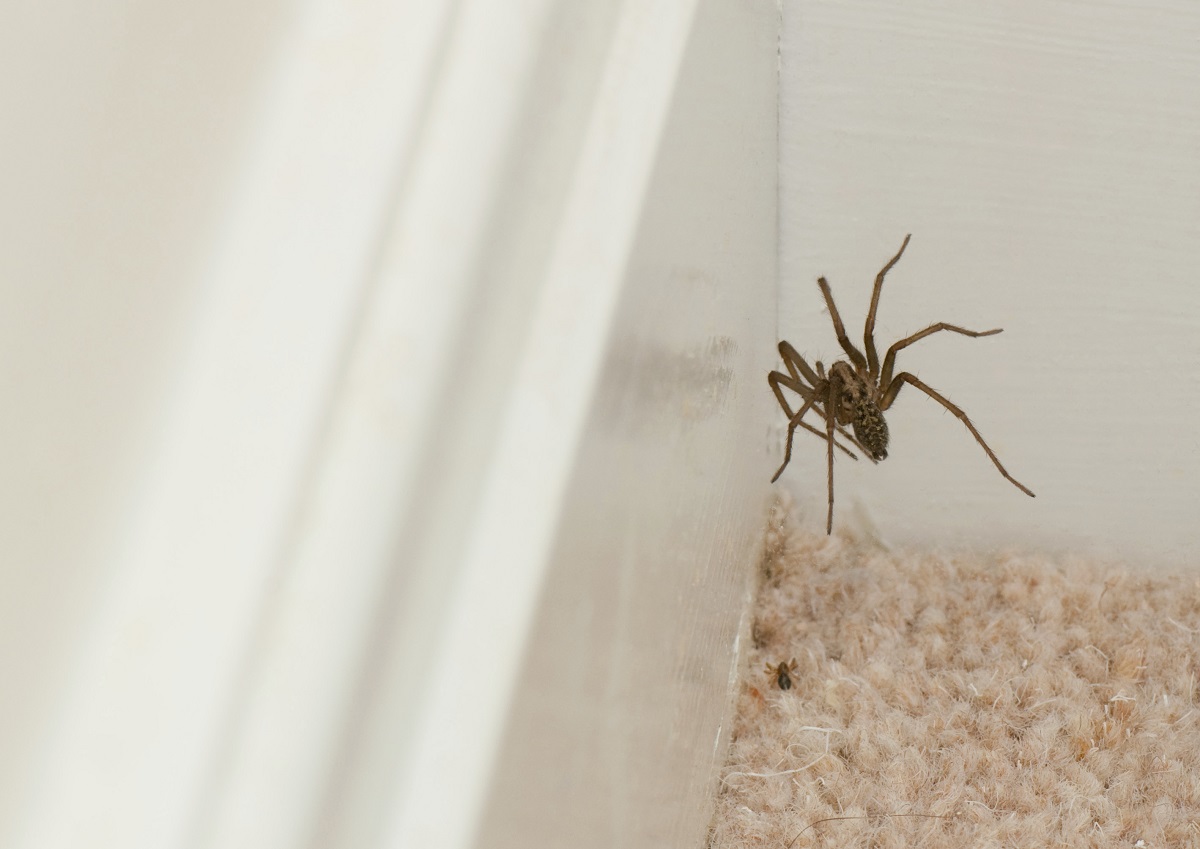
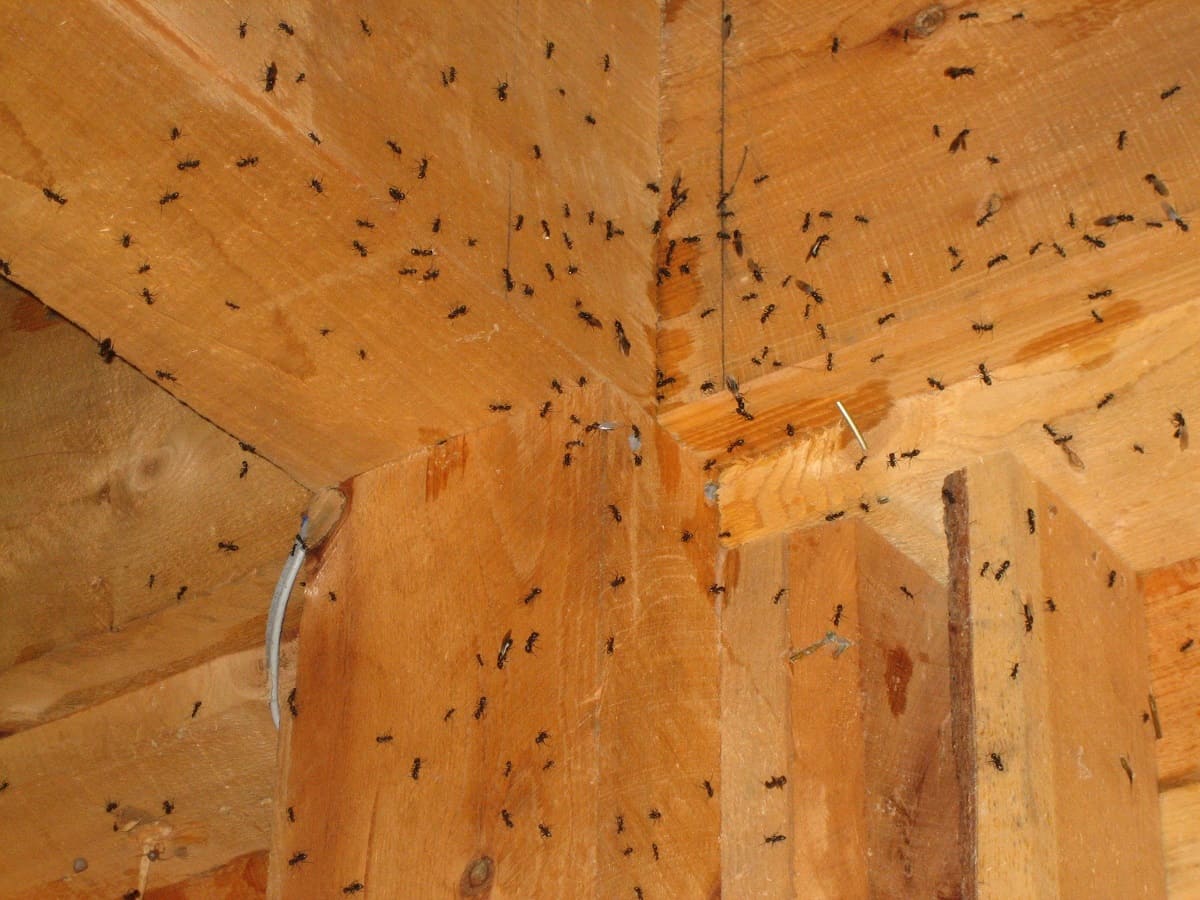
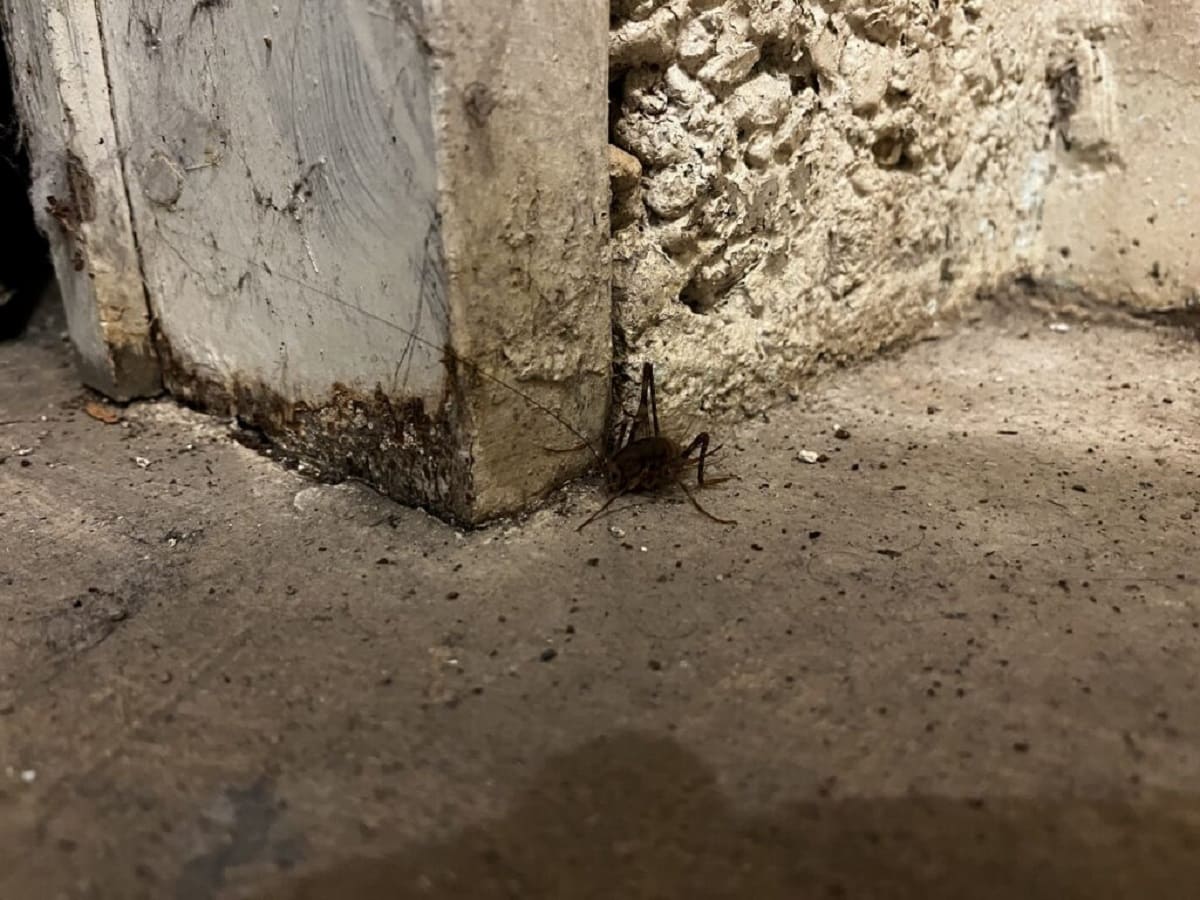
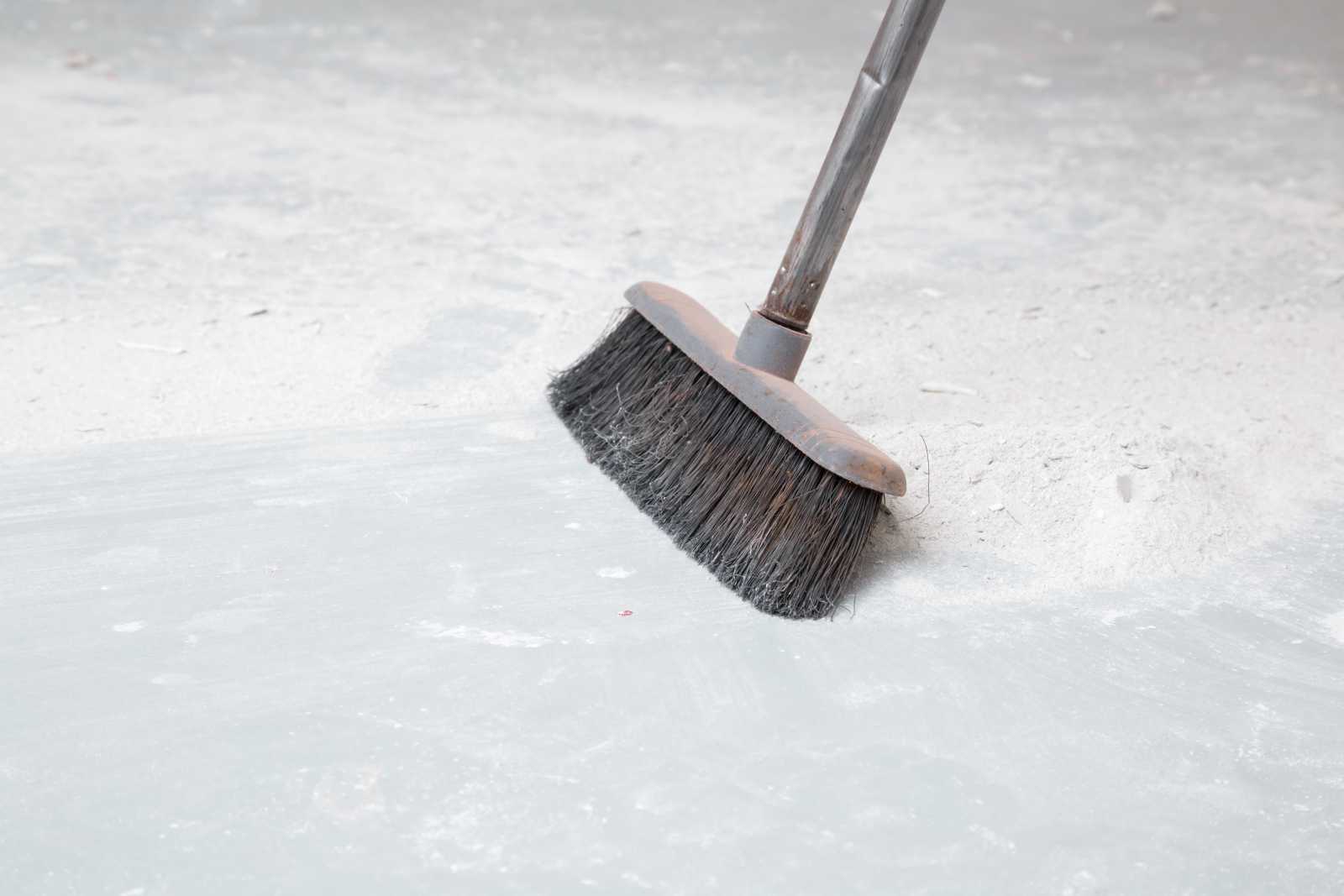
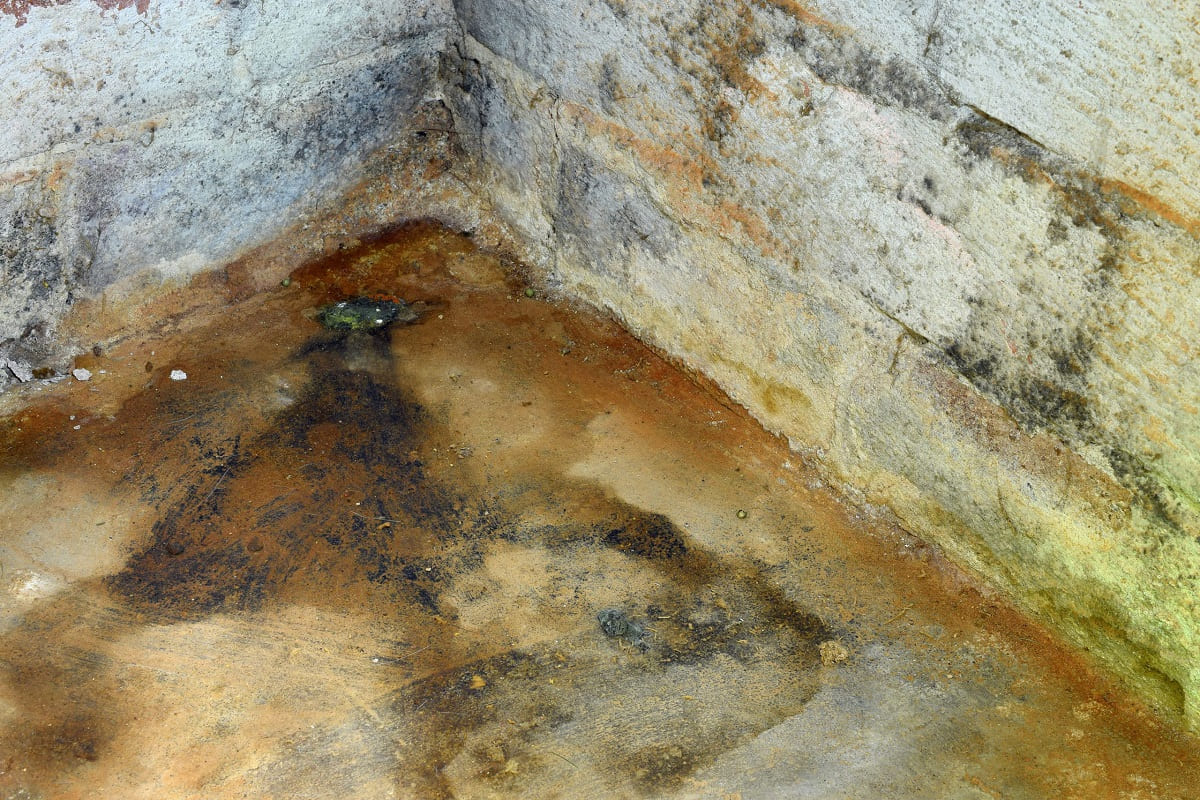
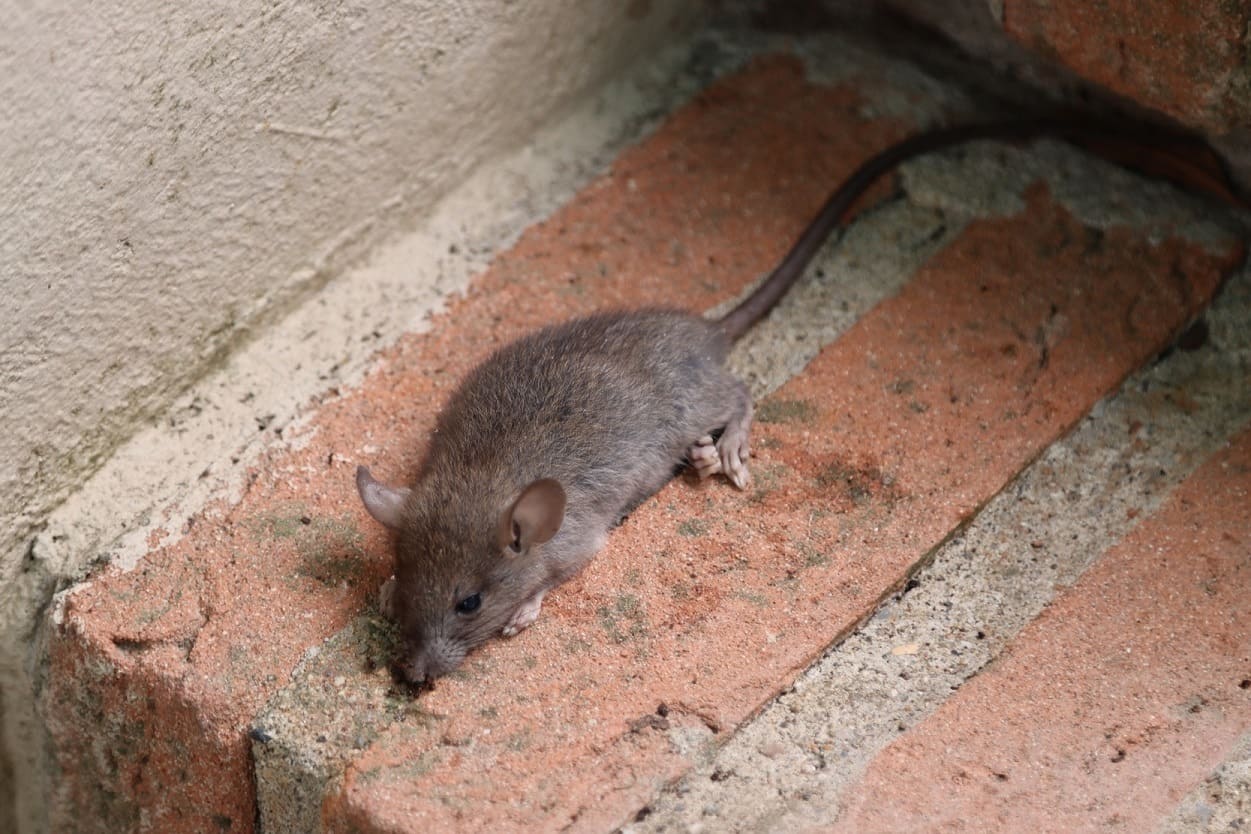
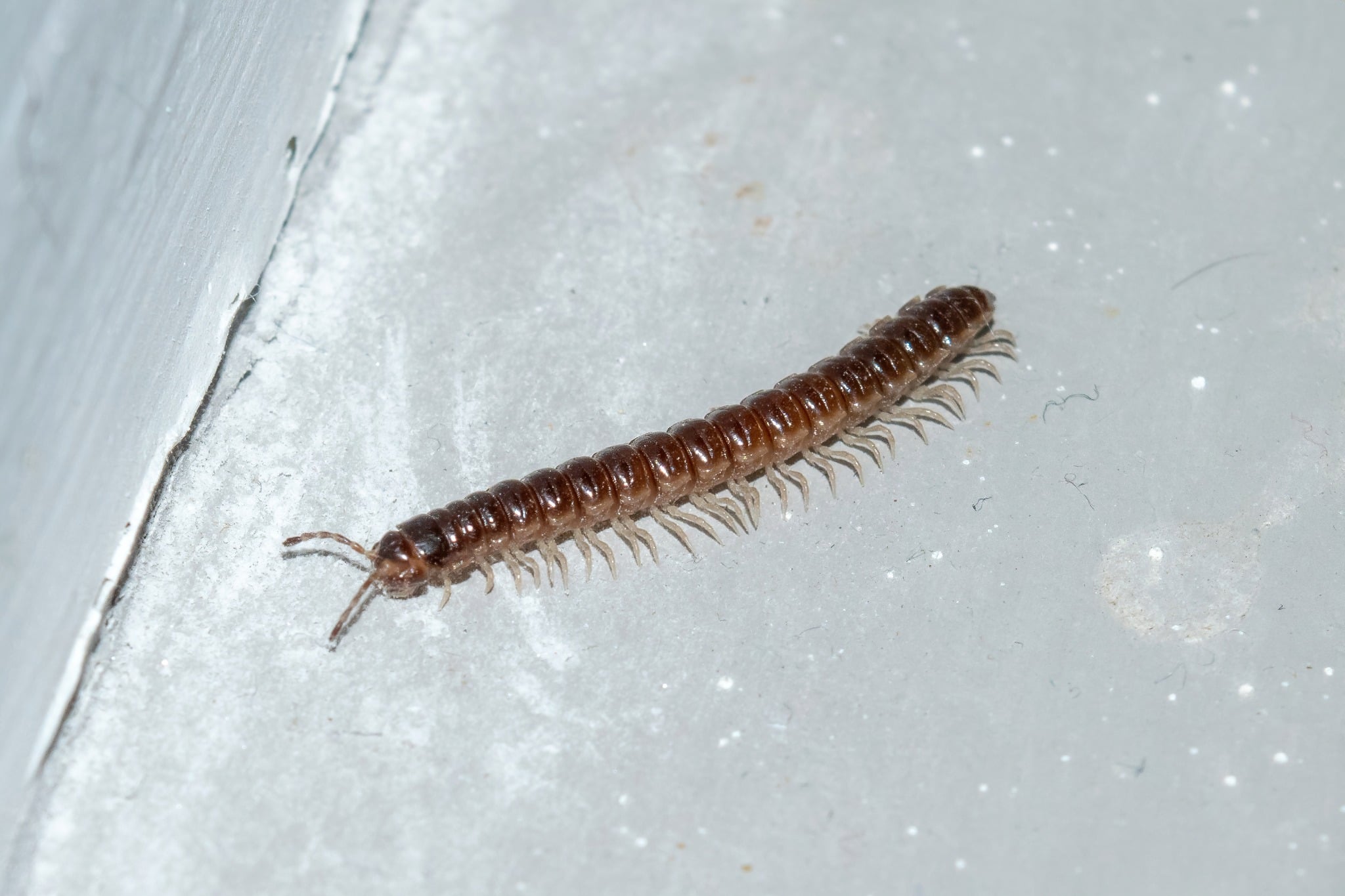

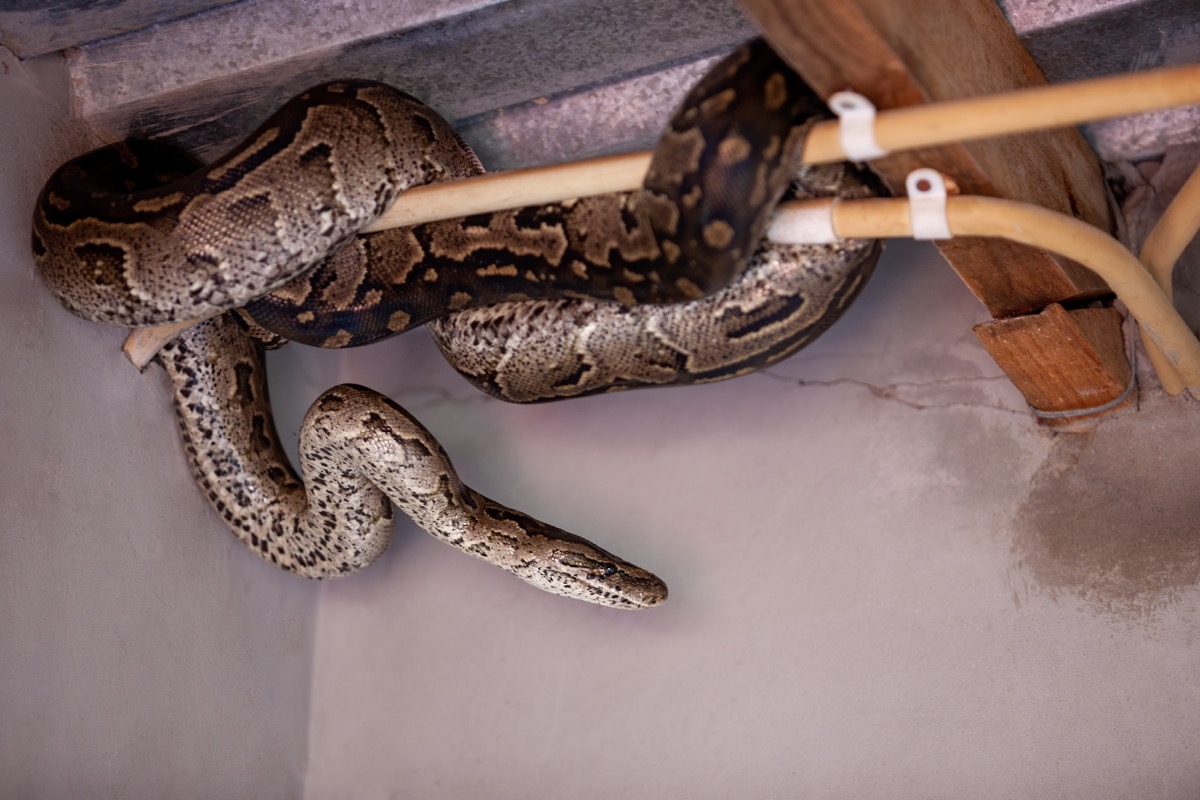
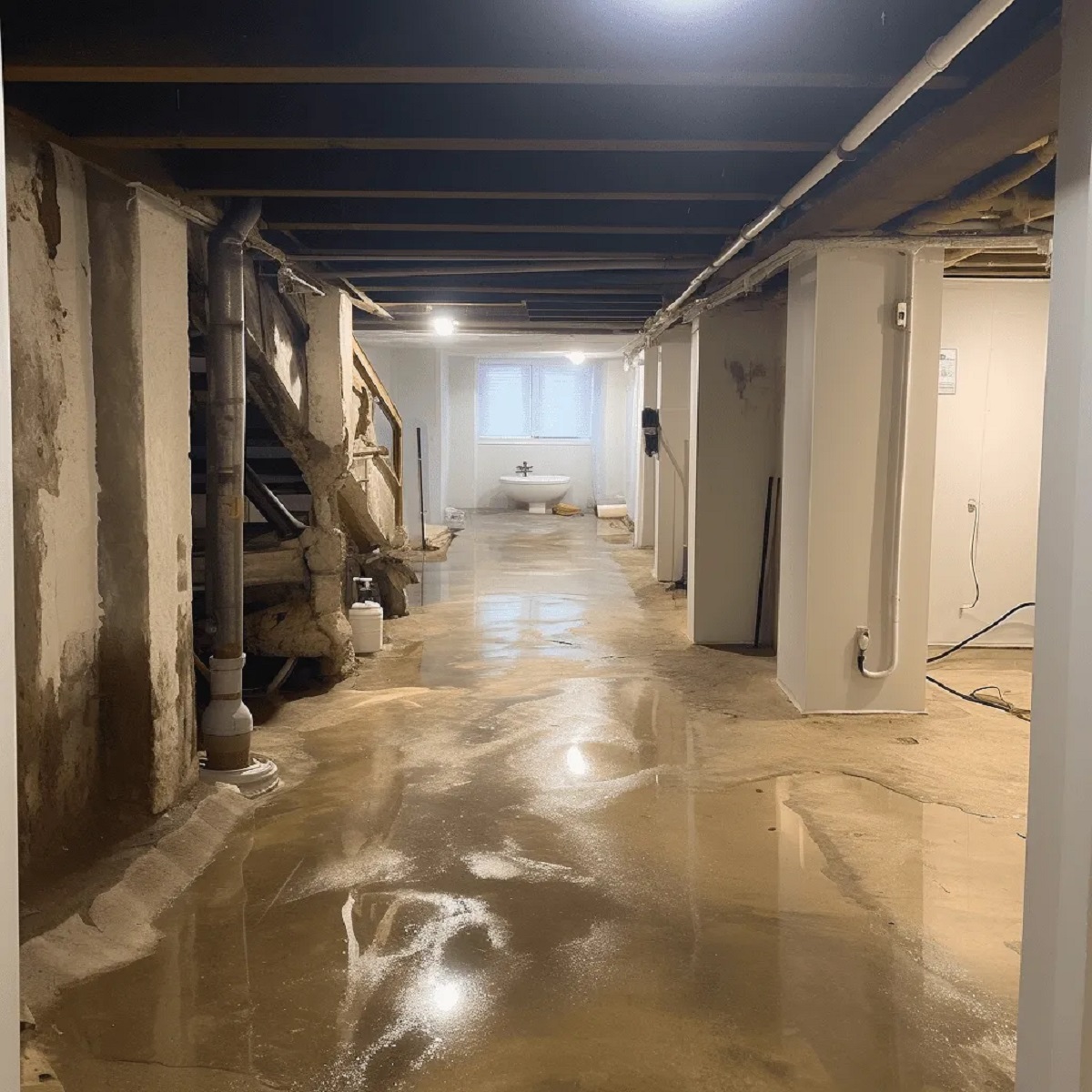
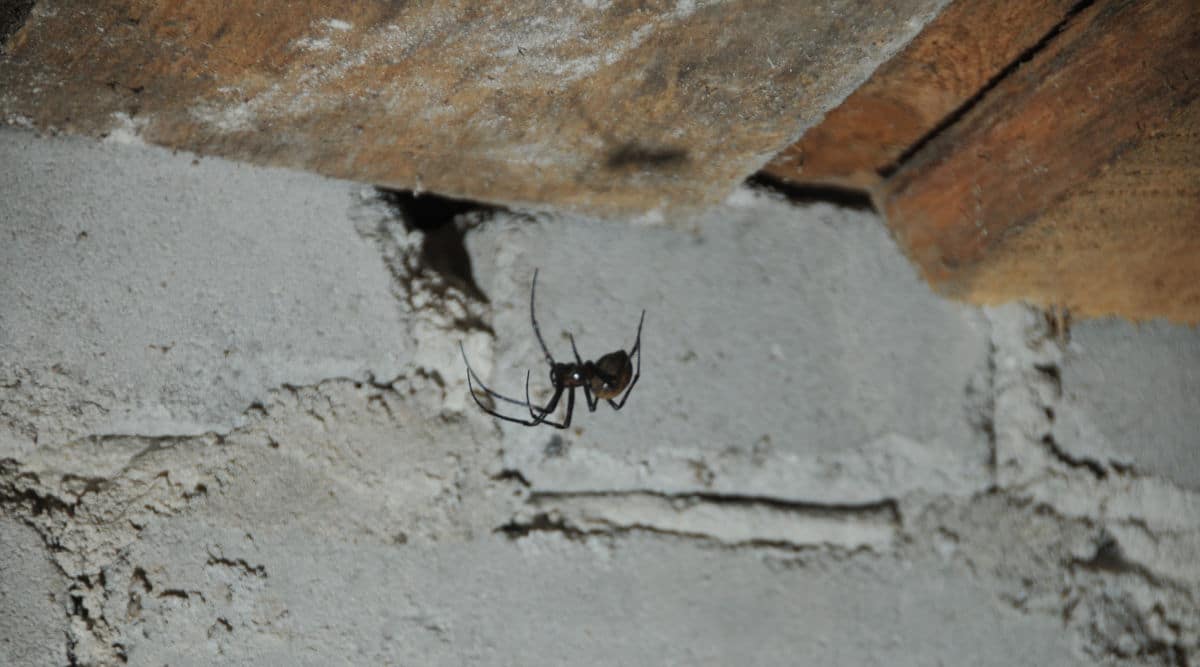

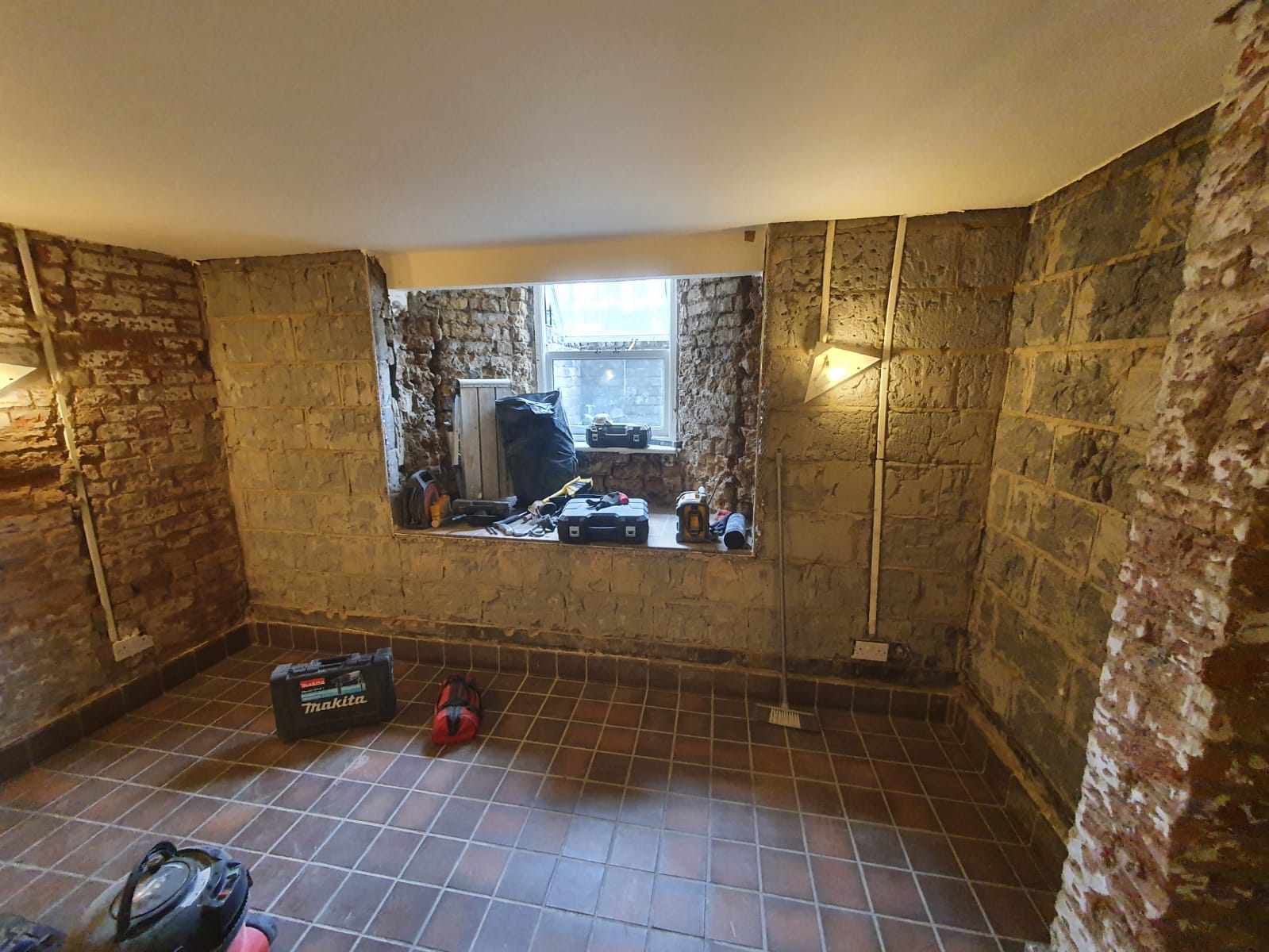


0 thoughts on “How To Get Rid Of Centipedes In Basement”